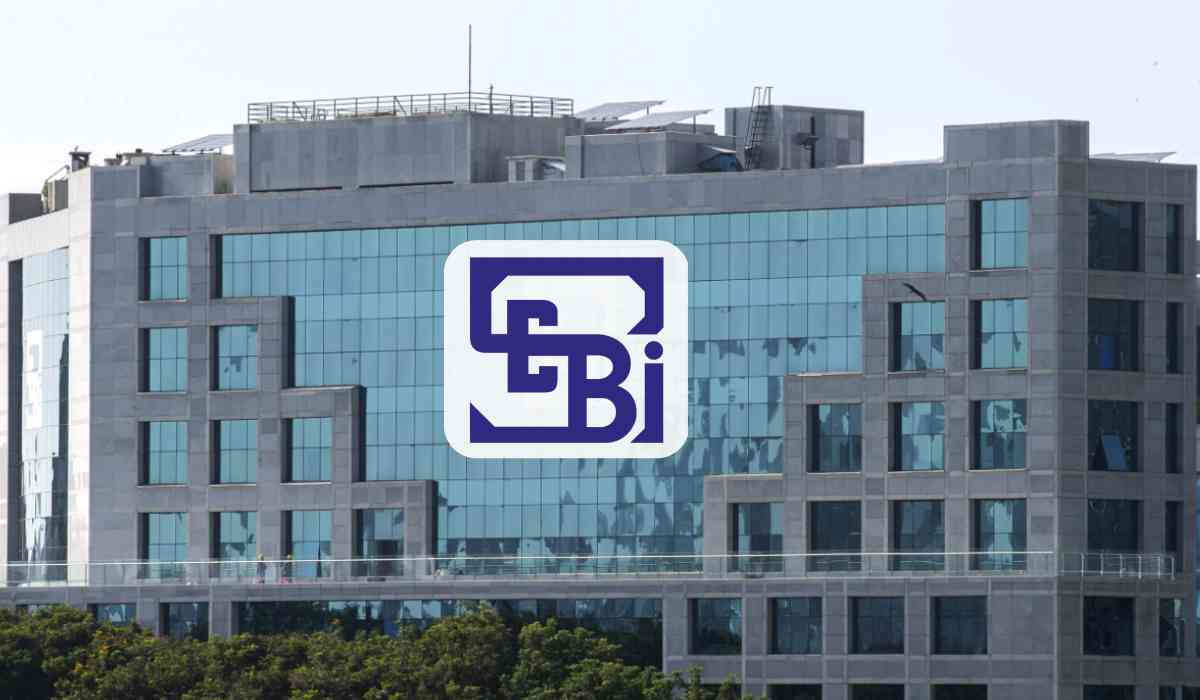The Securities and Exchange Board of India (SEBI) gave the final approval to the National Stock Exchange of India to launch Social Stock Exchange (SSE) as a separate segment on February 21. This permission will allow social enterprises to raise funds from the public and provide an investment avenue for morally conscious investors.
The idea for an SSE was proposed by Finance Minister Nirmala Sitharaman in her 2019/20 budget speech to help social organizations raise funds. SEBI began working on a framework to create an SSE. India’s capital market regulators granted the initial approval to NSE on December 22.

What is the Social Stock Exchange?
The Social Stock Exchange will operate as a separate segment in which social enterprises can raise funds from the public by using financial instruments permitted by SEBI. The two types of organizations that can list in the SSE are:
1. Not-for-Profit Organizations (NPO)
2. For-Profit Social Enterprises
How will social enterprises raise funds?
Sebi has permitted NPOs registering with the Social Stock Exchange to raise funds by Issuing Zero Coupon Zero Principal Instruments (ZCZP) which can be used to raise funds via public issuance or private placement. The second method is Donation through Mutual Fund Schemes as specified by SEBI.
NPOs will also be able to use Development Impact Bonds (DIB) to raise funds. A DIB is a “structured finance product where upon completion of a project that meets pre-agreed social metrics at pre-agreed rates, the service provider of the project receives grants from the donor” as per the NSE circular.

For-Profit Social Enterprises can raise money by Issuing Equity Shares (similar to SME Platform or innovators' growth platform of the stock exchange), Issue Equity Shares to an Alternative Fund including Social Impact Funds, and Issue of Debt Instruments by complying with SEBI norms as mentioned in the NSE circular.
The distinction between the Not-for-Profit Organization (NPO) and For-Profit Social Enterprise in terms of trading is that the instruments issued by NPO cannot be traded in secondary markets while the instruments issued by For-Profit Social Enterprises can be traded in the secondary markets.
According to a Moneycontrol report, the minimum issue size is Rs 1 crore now and the minimum application size for subscription is Rs 2,00,000 and the subscription to an issue in the Social Stock Exchange will be considered philanthropic.

SEBI has provided a framework of 17 activities that are eligible as a social enterprise organization working to eradicate hunger and poverty, promoting healthcare including mental healthcare, and promoting education.
The social organizations with plans to list on the social stock exchange will have to adhere to the guidelines laid down by SEBI. The guidelines include social audits and public filings. The norms SEBI will increase the transparency in filing and documentation which will allow individuals and investors to track the impact the social organizations are making in their work. This can attract philanthropists who like to keep track of the impacts of their donations. It will also provide social enterprises adhering to the norms of SEBI an avenue to raise funds.
Who can invest in the social stock market?
Institutional investors are the only investors permitted to invest in all forms of listed social enterprises. Retail investors are allowed to invest only in shares offered by for-profit social enterprises. As of now, any type of foreign investors are not allowed the invest in the social stock exchange.
© Vygr Media Private Limited 2022. All Rights Reserved.

























